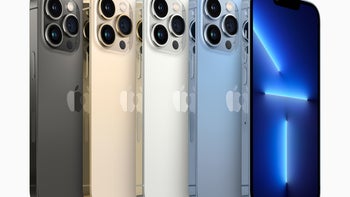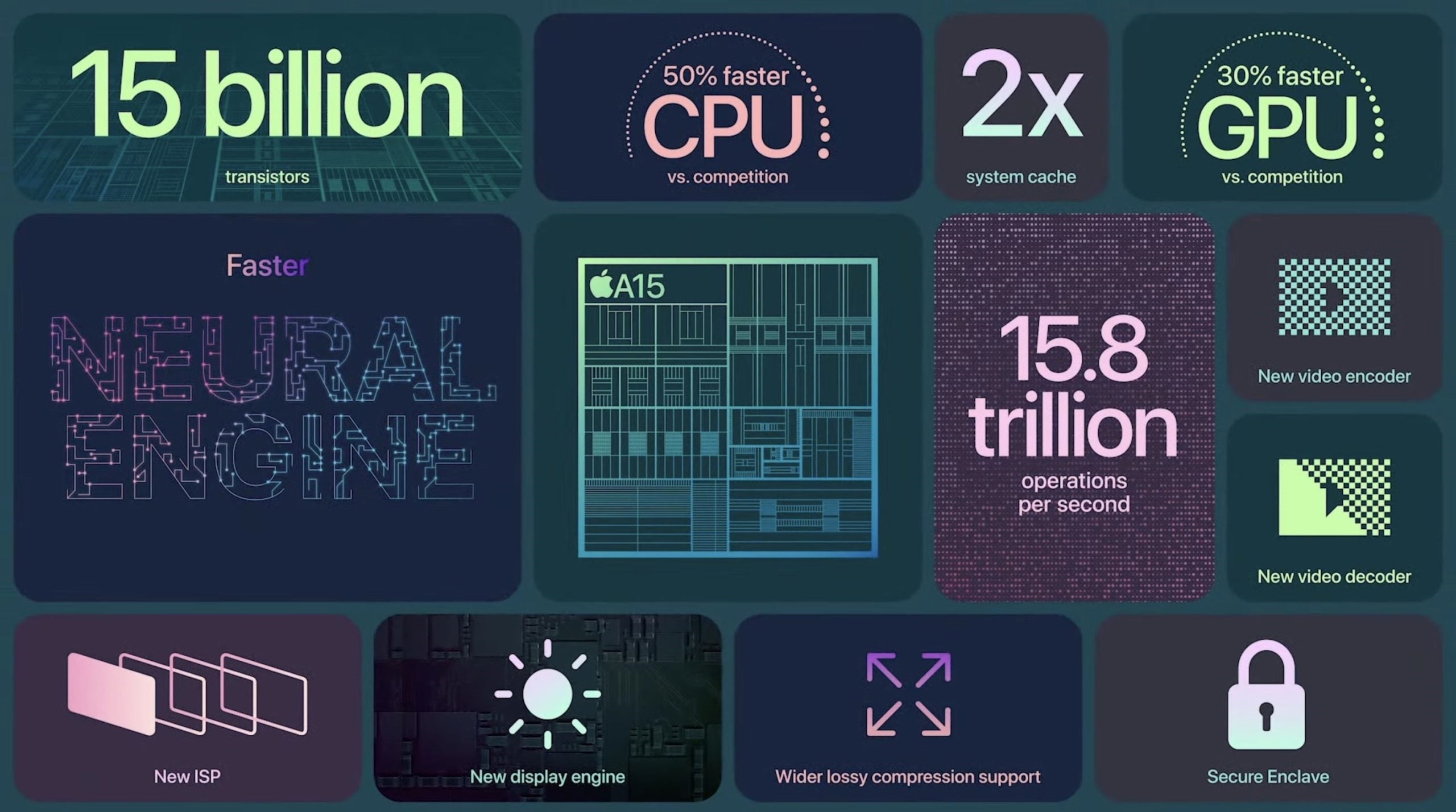Analyst says long 5G iPhone 13 lead times indicate continued strong demand for the line

Sam Chatterjee, an analyst for investment banking giant J.P. Morgan, recently wrote a note to clients that was read by AppleInsider. Chatterjee noted that delivery times for the 2021 iPhone 13 lineup have stabilized which the analyst believes is an indication of strong demand for the phones. The average delay between ordering the iPhone 13 and iPhone 13 mini and receiving the phones is at 13 days and 12 days respectively.
No change in delivery times indicates strong demand for the iPhone 13 series
The premium iPhone 13 Pro and iPhone 13 Pro Max models are arriving 32 days after being ordered, on average, according to the analyst's note. These numbers haven't changed over the last week. Compared to the lead times that consumers were dealing with last year at this time with the iPhone 12 lineup, the delivery times for the 2021 models are higher. Chatterjee told JP. Morgan clients that the numbers are a sign of "healthy demand for the iPhone 13 series."

The iPhone 14 might be powered by a 5nm chip, the same process node used on this year's A15 Bionic SoC
In the U.S., the delivery times also haven't changed much over the last week and are lower than the global averages. The iPhone 13 and iPhone 13 mini are arriving at purchasers' locations after 11 days in the states while the iPhone 13 Pro and iPhone 13 Pro Max have a 28-day lead time. Same-day pickup is still available for the two non-Pro models while this option for the Pro variants is hard to find in the U.S.
35% of iPhone 13 series orders are being shipped to the United States while the U.K. is the destination for 5% of orders. Still, the latter has a quicker delivery time for the iPhone 13 Pro and iPhone 13 Pro Max at 25 days. The non-Pro models are ending up in the hands of buyers after just 11 days and similar to the U.S., the iPhone 13 and iPhone 13 mini are the only models that can be picked up from U.K. stores.
Chatterjee told clients in his note that "supply constraints" could be the reason why this year's iPhone lineup is facing longer delivery times than last year's handsets. The global chip shortage is impacting Apple although CEO Tim Cook said during last month's conference call that the company has found it hard to source some of the chips used on older iPhone models still sold by the tech giant.
Securing enough chips for iPhone production has started to become a pain for Apple and the company has reportedly cut production of the iPad by 50% in order to save components for the iPhone 13 series and other models. For example, the recently released iPad mini 6 happens to use the A15 Bionic chip, which is the same SoC that powers the 2021 iPhone series.
For the first time ever, the iPhone will be powered by a chip using the same process node for three consecutive years
Not all iPads can share chips with iPhone units. The iPad Pro is powered by Apple's M1 chipset which contains 16 billion transistors and is not employed on any iPhone model. The news about iPhone chips has not been good lately. Besides the chip shortage. TSMC has found that producing chips with its 3nm process node is more complex than anything which has forced the world's top contract foundry to delay shipments of these components until next year.
As a result, instead of being powered by a 3nm chip, the iPhone 14 line could end up with another 5nm chip inside. The smaller the process node number, the more transistors fit inside a small chip making it more powerful and energy-efficient. Originally, it was thought that TSMC would use its 4nm process node for the A16 Bionic chip, but that now seems to have been ruled out.
Just because the iPhone 14 series will be equipped with a 5nm chip again, it doesn't mean that there won't be any improvement between the A15 Bionic and A16 Bionic. It does mean that for the first time in iPhone history, the same process node (not including any enhancements) will be used on three consecutive A-series chips. And that is against the law; Moore's Law that is.













Things that are NOT allowed: